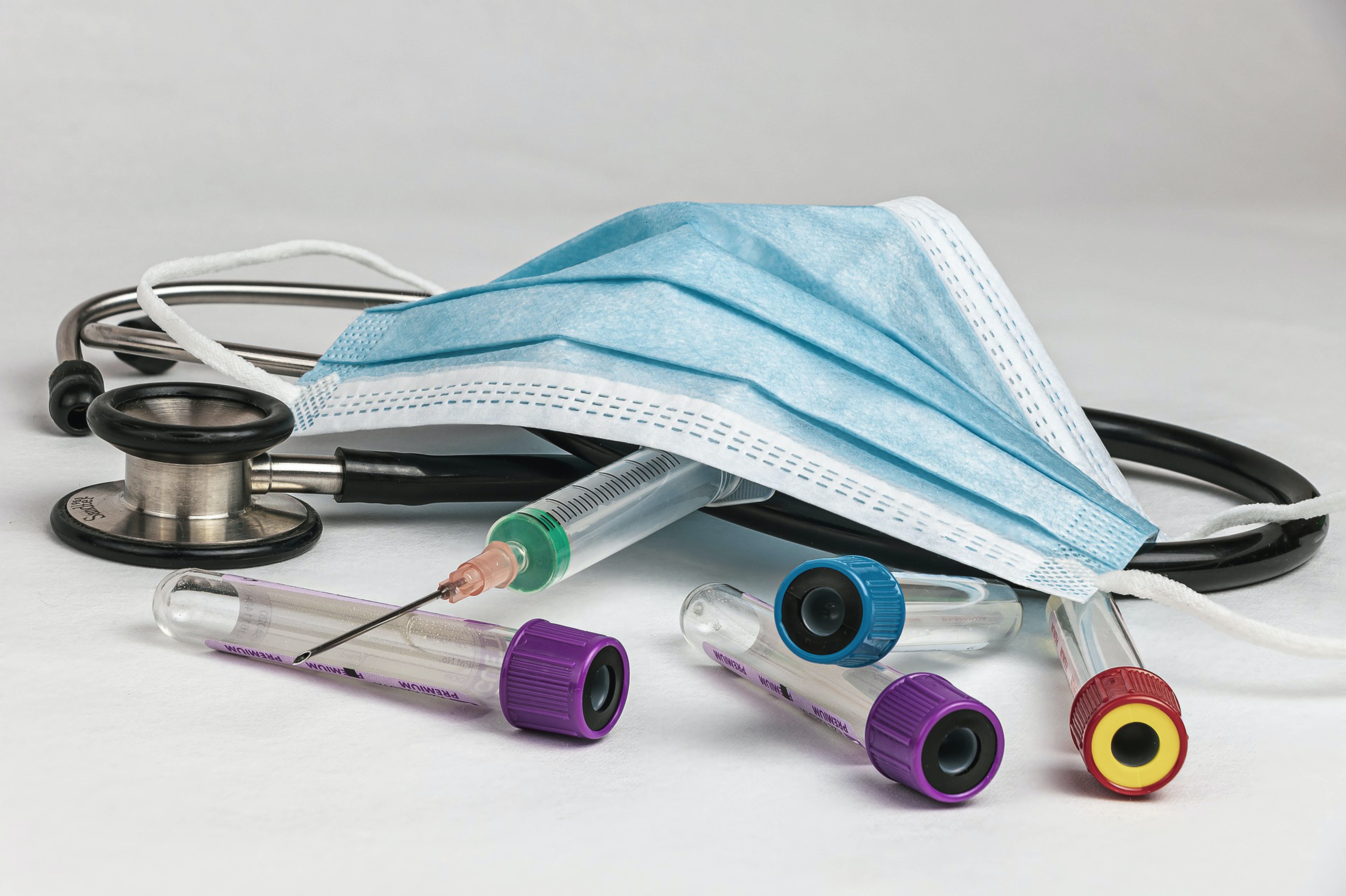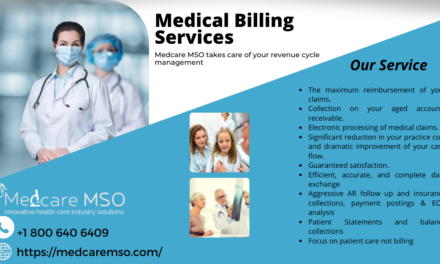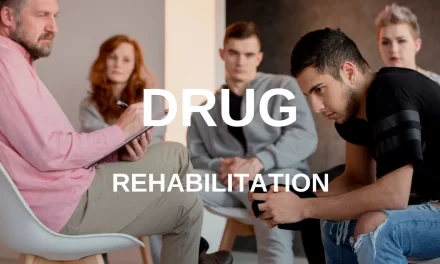Over 250,000 people in the US die each year due to medical errors, making mistakes the third leading cause of death after heart ailments and cancer. There are many reasons why medical negligence can happen, including errors in judgment, lack of skilled staff, or a system defect or breakdown mixing up meds and dosage. Unfortunately, inattention and carelessness can have fatal outcomes, such as severe injuries, incapacitation or morbidity. Therefore, patient safety is an issue that needs to be addressed, not only through legislation, but also from the side of those receiving treatment. Self-managing your health can improve clinical outcomes, lower costs, and reduce the chances of medical omissions.
Self-Management Support And Its Benefits
Medical malpractice can occur in several situations. Your doctor or care team might fail to provide the right treatment or neglect to take the appropriate intervention. In other cases, substandard treatment may cause injuries or death. In rare cases, medical health professionals may even sexually assault or abuse patients. If acts of physician sexual abuse are proven (such as molestation, fondling or seductions), a lawsuit is a probable course of action to pursue justice and compensation for a patient. A medical negligence law firm works to help patients file and fight for claims under several conditions. Lawyers must prove that there was a violation of professional care, that mistakes caused injuries or harm, and the injuries resulted in substantial damages.
One way to reduce medical errors is to take an active role in your health and care. Evidence suggests that self-management support can improve a patient’s behavior towards their health, which in turn enhances clinical outcomes. This is especially true for chronic illnesses where a sick person is taught self-management skills to make good choices and adopt healthy behaviors. These skills also build the confidence of patients for healthier lives.
Averting Medical Errors
Although many medical mistakes are beyond the control of patients, there are things that you can do to reduce the chances of becoming a victim. If given the freedom to choose your own physician, use it wisely, and find a doctor that you can trust. Consult with friends or medical professionals to obtain a good referral. Someone who is experienced, affiliated with a hospital, respectful and honest is a suitable choice. If you have doubts, check medical boards and local records if the doctor has been sued for malpractice.
It is also a great idea to bring someone with you who can stand as your advocate when navigating the medical terrain. That person can listen, take notes, ask questions, offer support, and even help monitor your medications. Trust your instincts, and get a second opinion or perform other tests if you feel that there is something wrong with your diagnosis. Unless you have doubts about your treatment plan, follow your doctor’s directions, show up for a follow-up examination, and make sure to communicate well with health care providers. It is also vital not to withhold medical information from your physician because incomplete data can lead to all sorts of complications, such as fatal drug interactions.
Medical negligence is a serious concern that can lead to severe injuries and sometimes even death. Given that there is no perfect medical care, you can do your part in reducing the chances of becoming a victim of medical malpractice by taking responsibility for your health, availing of self-management support, choosing the right physician, and following treatment plans.






